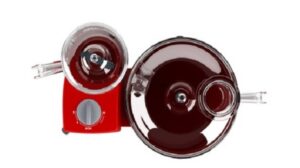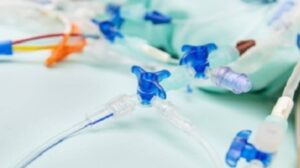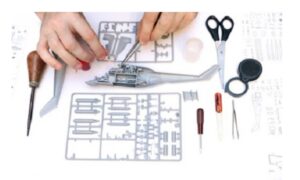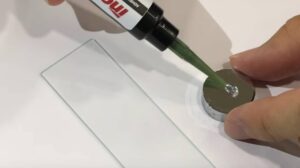Cyanoacrylate, known for its rapid bonding properties, is widely used in various industries. While it offers numerous advantages, understanding its potential impact on materials is crucial to prevent costly product failures and maintain product integrity.
The Risks of Material Degradation
When cyanoacrylate comes into contact with certain materials, it can induce chemical reactions leading to material degradation. This phenomenon can manifest in various ways:
- Embrittlement: The material becomes brittle and prone to cracking or breaking.
- Softening: The material loses its rigidity and becomes pliable.
- Discoloration: The material changes color due to chemical reactions.
- Corrosion: In the case of metals, cyanoacrylate can accelerate corrosion processes.
Common Materials Susceptible to Degradation
While not all materials are affected equally, some are more prone to degradation when exposed to cyanoacrylate:
- Plastics: Some plastics, especially those with high levels of plasticizers or fillers, can be susceptible to softening or embrittlement.
- Rubbers: Certain rubber compounds may experience degradation, leading to changes in elasticity or hardness.
- Metals: Although less common, prolonged exposure to cyanoacrylate can accelerate corrosion in certain metal alloys.
Preventing Material Degradation
To mitigate the risk of material degradation, consider the following precautions:
- Material Compatibility Testing: Conduct thorough compatibility tests before using cyanoacrylate on new materials.
- Minimal Contact Time: Minimize the exposure time of cyanoacrylate to sensitive materials.
- Surface Preparation: Proper surface cleaning and preparation can reduce the risk of chemical reactions.
- Barrier Coatings: Apply a protective barrier coating between the cyanoacrylate and the material if necessary.
- Alternative Adhesives: Explore alternative adhesive options if cyanoacrylate is deemed unsuitable.
The Role of Incure
Incure specializes in understanding the complex interactions between cyanoacrylate and various materials. Our expertise lies in:
- Material Analysis: Identifying potential degradation risks through thorough material testing.
- Formulation Development: Creating custom cyanoacrylate formulations with reduced degradation potential.
- Application Guidance: Providing expert advice on application techniques and process optimization.
By partnering with Incure, you can ensure that your products maintain their integrity while benefiting from the advantages of cyanoacrylate bonding.
Find your perfect cyanoacrylate bonding solution with Incure’s diverse adhesives! Shop Online or visit www.incurelab.com for more products. Need help choosing? Contact Us!



